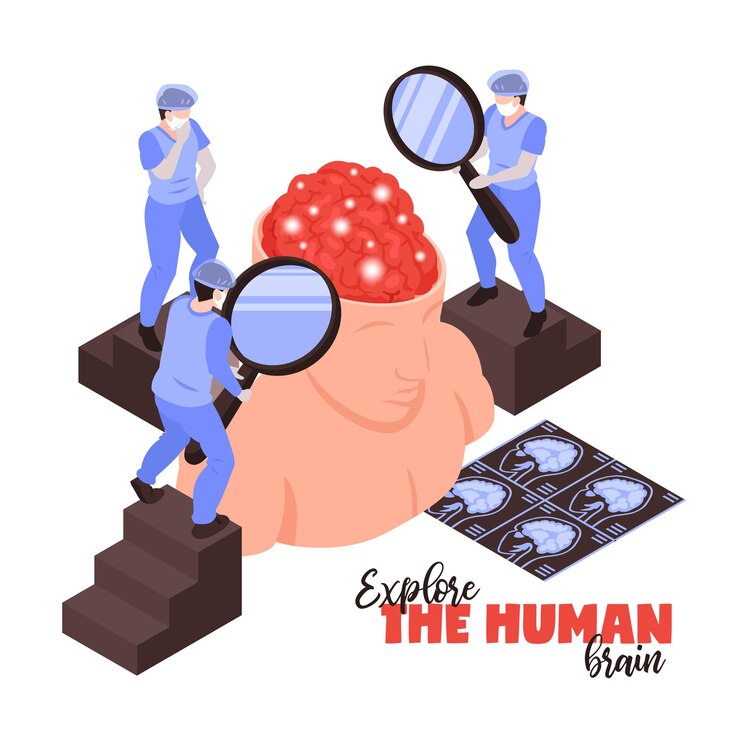
Exploring Brain Aneurysm and Genetics: Understanding Family Connections
Did you know that genetics can play a role in the development of brain aneurysms? In this blog, we’ll delve into the connection between brain aneurysms and genetics in simple terms, helping you understand how familial conditions can impact your risk.
1. Familial Aneurysm Conditions:
Some individuals may have a family history of brain aneurysms, suggesting a genetic component to the condition. Familial aneurysm conditions occur when multiple family members are affected by brain aneurysms, indicating a potential genetic predisposition.
2. Genetic Risk Factors:
Several genetic factors may contribute to the development of brain aneurysms. Mutations in certain genes involved in blood vessel structure and function, such as the collagen genes COL3A1 and COL1A1, have been associated with an increased risk of aneurysm formation.
3. Screening and Genetic Testing:
Individuals with a family history of brain aneurysms may benefit from screening and genetic testing to assess their risk. Screening tests such as MRIs or CT scans can detect the presence of aneurysms, while genetic testing can identify specific genetic mutations associated with an increased risk.
4. Lifestyle Factors:
While genetics can play a role in the development of brain aneurysms, lifestyle factors such as smoking, high blood pressure, and unhealthy diet can also contribute to aneurysm formation and rupture. Adopting a healthy lifestyle can help reduce your overall risk, regardless of genetic predisposition.
5. Family Support:
Having a family history of brain aneurysms can be concerning, but it’s essential to remember that not everyone with a genetic predisposition will develop an aneurysm. Family support, open communication, and regular check-ups with healthcare providers can help individuals manage their risk and seek appropriate care if needed.
Conclusion:
While genetics can influence the risk of developing brain aneurysms, lifestyle factors and proactive management play crucial roles in reducing overall risk. By understanding familial connections and adopting a healthy lifestyle, individuals can take control of their health and well-being.
To seek medical advice, always consult a Doctor. Here are our recommended experts. Click here
To read more on Neurological Disorders. Click Here



